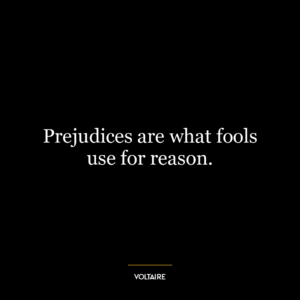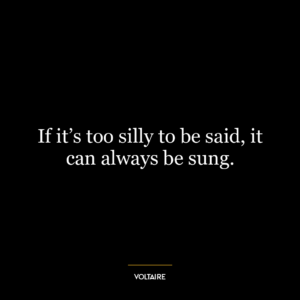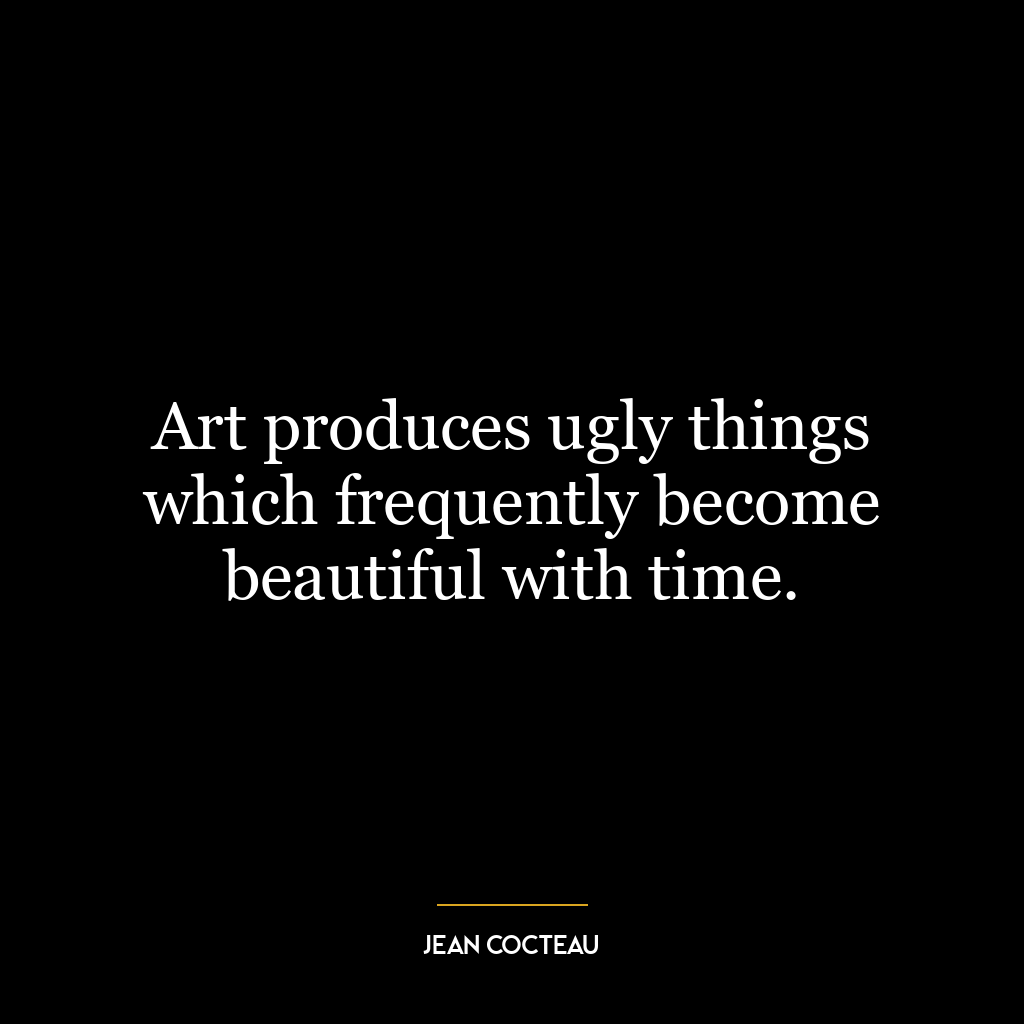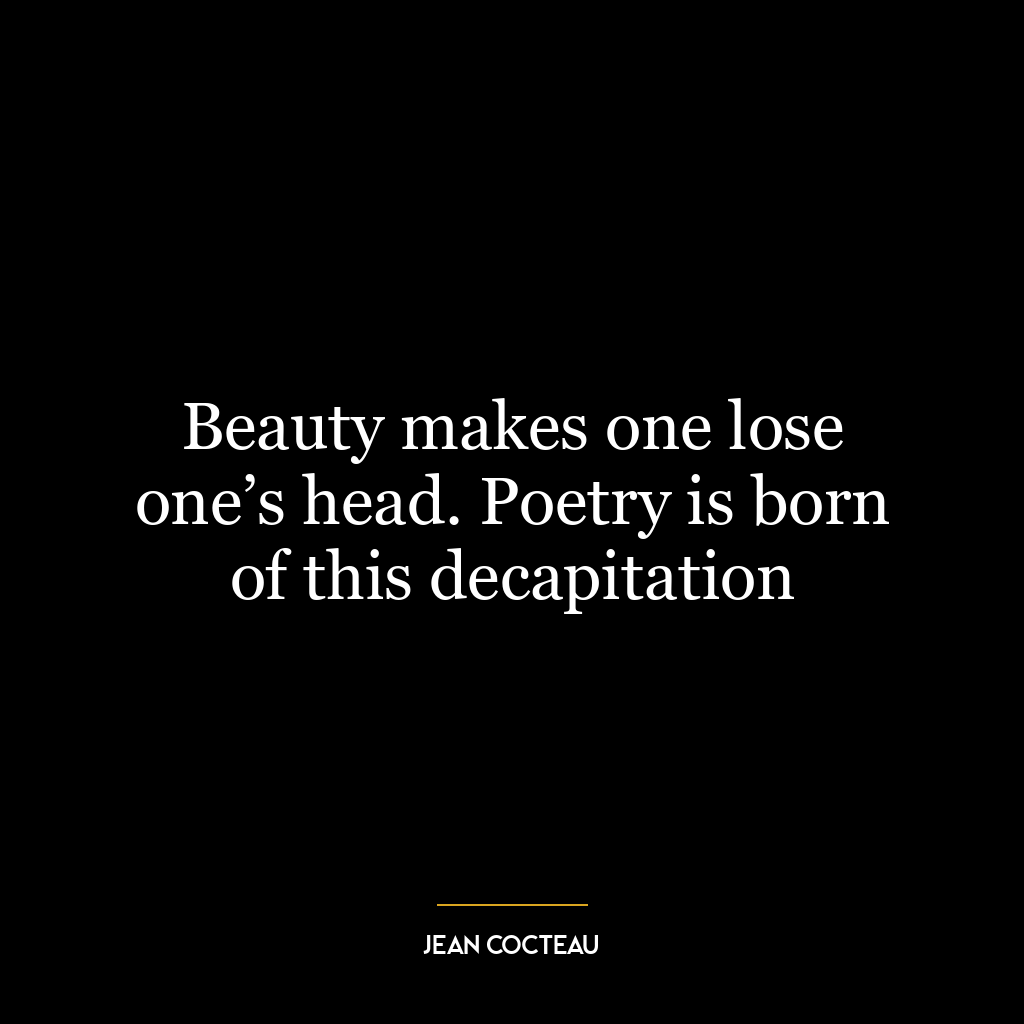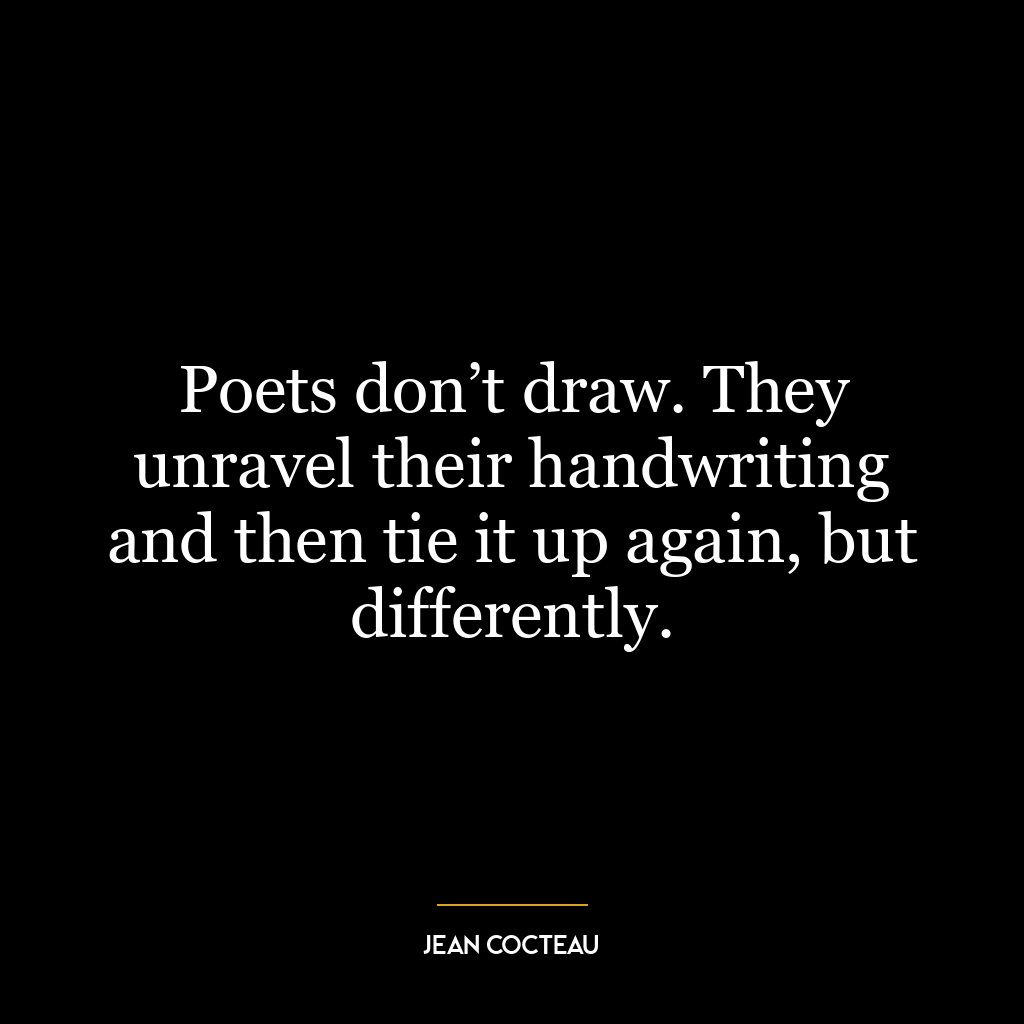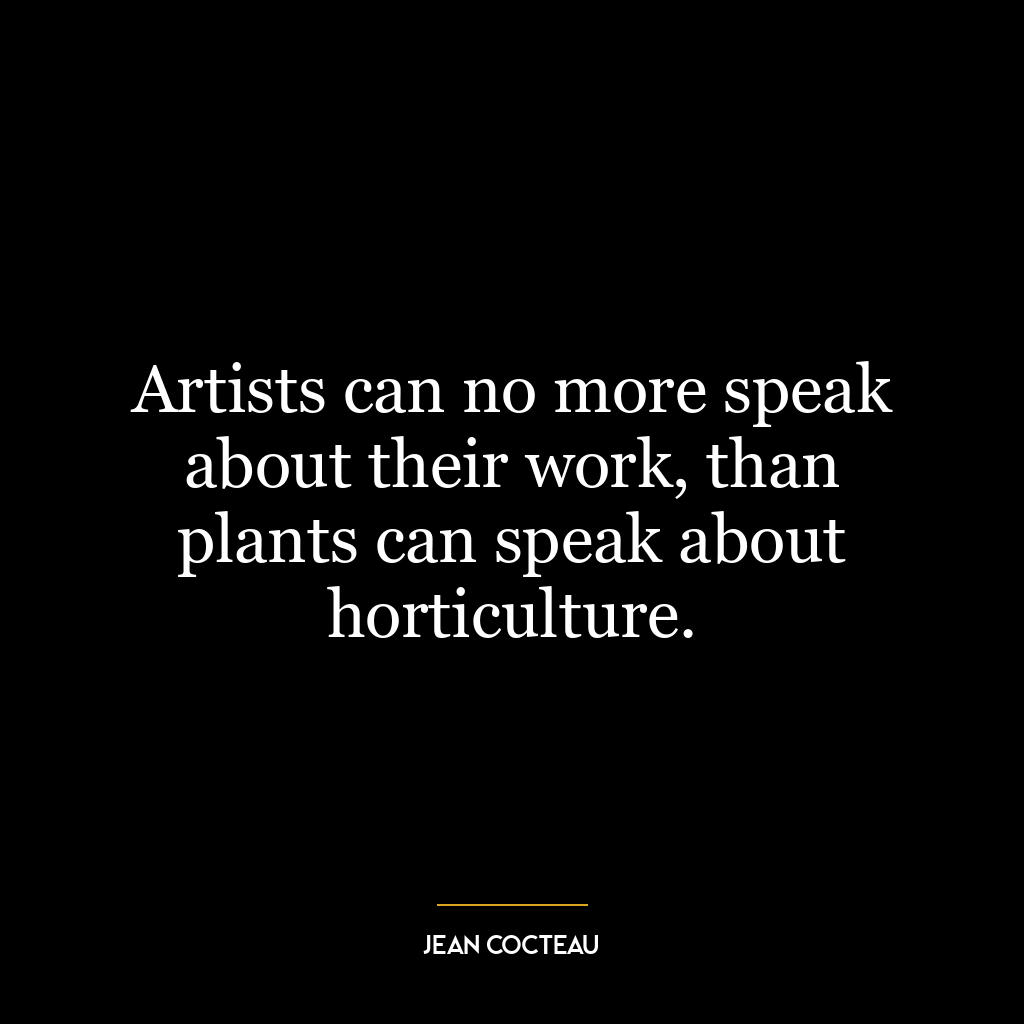Poetry is the music of the soul, and, above all, of great and feeling souls.
This quote suggests that poetry is the language of the soul, expressing emotions, thoughts, and feelings that ordinary language often fails to capture. It is an art form that resonates deeply with those who are in touch with their emotions and have a profound understanding of life. The reference to “great and feeling souls” implies that those who are capable of deep feeling or have a broad, empathetic understanding of the world, are often the ones who appreciate poetry the most.
The music of the soul that Voltaire speaks of is the rhythm and harmony found within the words of a poem. Just as music can stir emotions, so can poetry. It carries an emotional impact, often touching the heart and soul of the reader or listener in a way that regular speech cannot. The rhythm and flow of poetry, its metaphors and images, its allusions and allegories, all work together to create a symphony of words that can express the inexpressible, giving voice to the deepest recesses of the human soul.
In today’s world, this idea could be applied in various ways. It could be a call to value and cultivate emotional intelligence and empathy, qualities associated with “great and feeling souls”. In a world often dominated by technology and data, it’s important to remember the value of emotions and feelings, which are what truly make us human.
In terms of personal development, this quote could serve as a reminder to nurture our emotional and spiritual selves. Reading and writing poetry can be a form of self-care and self-exploration, allowing us to understand and express our feelings in a healthy and creative way. It encourages introspection, helping us to understand ourselves and others better, and promotes emotional well-being.
Moreover, in a broader societal context, the quote could be seen as a call to appreciate and promote the arts, including poetry, as a means of fostering empathy, understanding, and emotional health in society.





